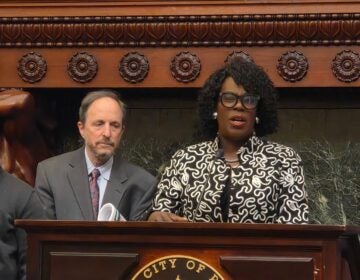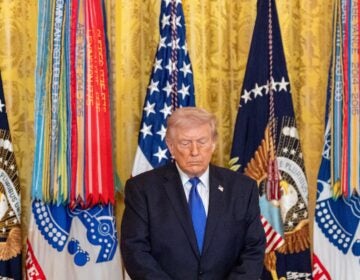Michael Lewis’s amusing stories from the financial collapse
Michael Lewis wrote Moneyball and The Blind Side, both of which have been made into blockbuster hit movies. He also wrote The Big Short, an entertaining book about those few on Wall Street who saw the financial collapse coming, placed big bets on it, and reaped huge fortunes while millions lost their jobs and homes. I think the movie will be another big hit. Watch for it.
Meanwhile, Michael Lewis has yet another book out about the financial collapse called Boomerang. This book tells stories about how the financial crisis hit various countries, and gives us some good opportunities to laugh at those wacky foreigners and their comic inability to manage their economies.
Lewis starts with Iceland, an underpopulated island republic in the North Atlantic ocean, the main natural resource of which is fish. The banks in Iceland decided that since Icelandic fisherman have been managing risk for centuries, they would make ideal investment bankers in the 21st century. They began paying high interest to attract deposits from other countries, in order to use those deposits to speculate in foreign currencies, confident that their fishermen turned bankers could reel in the profits. And for awhile it seemed as if they could, and Iceland boomed.
But when the banks were unable to sustain the level of profits required to pay the promised high interest on the foreign deposits, the whole house of cards collapsed. The Icelandic banks refused to pay back their foreign depositors. The Icelandic economy and its banks collapsed. And Iceland became an economic pariah in the world. Back to fishing.
A similar scenario played out in Ireland, except that when the Irish banks were about to default, bringing an end to Ireland’s bubble economy built on borrowed funds, the Irish government was persuaded that the only way to avoid Iceland’s fate was for the Irish government itself to guarantee all the loans made to Irish banks. Surely a government guarantee would reassure investors who would continue to lend to the Irish banks? Actually, no. And now the Irish government itself is responsible for enormous bad debts that it can never repay. And the Irish economy collapsed anyway.
Then there’s Greece, where the bankers kept their heads, but the government went crazy borrowing enormous sums to pay generous salaries and benefits to civil servants, including guaranteed pensions as early as age 50. Without a tradition of tax collection, the Greek government purposely concealed its staggering deficits in order join the Euro zone and attract euro loans. When the deficits became too large to conceal, lenders insisted on impossibly high interest rates, and the Greek economy imploded threatening Europe and the whole world.
In contrast to Europe’s laughably irresponsible nations are the hard-working Germans who live within their means, produce high quality exports, delay retirement, and accumulate large trade surpluses. Their problem is that some Germans invested their savings in Icelandic banks, and German bankers invested their banks’ wealth in bonds of other Euro zone nations including Greece and Ireland. So despite the virtuous work habits of Germans, the irresponsibility of their neighbors threatens German banks and the German economy with collapse, too. Ironic, no?
But here’s where the funny stories end. Lewis’s fifth subject is the United States.
We generally borrow in dollars rather than foreign currency. So in theory we should be able to re-pay China and all our foreign creditors by, if necessary, simply turning on the printing press and printing more dollars. We don’t want to do that because of inflation and other unpredictable consequences of such action. But states and local governments don’t have that safety valve, and must balance their budgets.
So as our national debt and annual deficits increase and tax revenues fall, the federal government reduces its payments to states, making their budget crisis worse. The states in turn squeeze revenue out of their local governments that are left holding the bag. We are starting to see municipal bankruptcies as states and local governments discover that they are unable to pay the salaries, health and retirement benefits promised to their civil servants. They are having to lay off essential police and firefighters, and cut or eliminate municipal services. Municipal bonds once viewed as safe are now viewed suspiciously, like junk bonds.
So it turns out that our leaders have been as bad as the Europeans in committing us to obligations we can’t afford to pay. And is there any reason to believe that our economic crisis will end any sooner than Europe’s? What has changed? What if any lessons have been learned? Might we actually be on the verge of a much deeper crisis than anyone can imagine?
Lewis strains to end his book on a hopeful and not totally depressing note. Maybe something unexpectedly positive will happen. Maybe we’ll figure out how to harness solar power and reduce our energy costs to zero. Maybe aliens will arrive from another solar system and show us how to live within our means.
I recommend this latest Michael Lewis book. Most of it is very entertaining.
WHYY is your source for fact-based, in-depth journalism and information. As a nonprofit organization, we rely on financial support from readers like you. Please give today.




